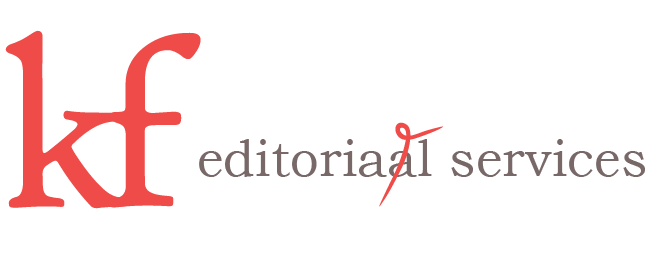One of the worst things about the Attawapiskat story is that it isn't the first reserve in Ontario to declare a state of emergency this year.
As
of today, Chiefs of Ontario says that over 50 First Nations communities
in this province are under drinking water advisories. Many of these
advisories require people to boil their water before they use it.
Sometimes it means that water isn't fit for consumption at all. What's
worse? A number of these advisories have been in effect for years.
This
year, our government released the results of a national engineering
assessment of water and wastewater systems on First Nations reserves.
They found 314 systems classified as "high-risk." Yesterday at a
conference in Ottawa, AANDC reps told me that this risk is related to
system management, not public health -- but, in my humble opinion, that
is simply nonsense. If your system is at risk, your people are at risk.
Apply the same term to Toronto, Montreal, Vancouver. If a federal report
said that your drinking water system was high risk, wouldn't you be
worried? Why would this be different for people on reserves?
We
don't have to spend hundreds of thousands of dollars installing
intricate distribution systems in order to have clean, safe water. If
the goal is potable water, there are plenty of simple, low-tech
solutions, and it doesn't have to be a great financial expense. Modern
technology allows us to provide water in dignified, affordable ways.
Still,
many of these communities are under-serviced or not serviced at all.
How can we let this happen? Water is essential for life, folks. We have
nothing if we don't have water.
So. Next October, I'm climbing Mount Kilimanjaro in support of WaterCan, a Canadian charity dedicated to fighting global poverty by helping the world’s poorest people gain access to clean water, basic sanitation and hygiene education. Each climber's goal is to raise a minimum of $5,000. I hope I can count on your support, whether it's through donations or helping to spread the word.
While WaterCan's goals for developing countries are a huge part of my personal commitment, for me, this climb is also about spreading awareness that many people here in Canada don't have access to clean, safe water.
Currently, I'm in talks with a handful of businesses, foundations, and organizations to help match the funds I raise for WaterCan. These funds will be applied to a project (or series of projects) in Canada focused on First Nations water challenges and solutions. This means that if you donate to my climb, your money will be doubly beneficial. More details (and a donation page) to come.










